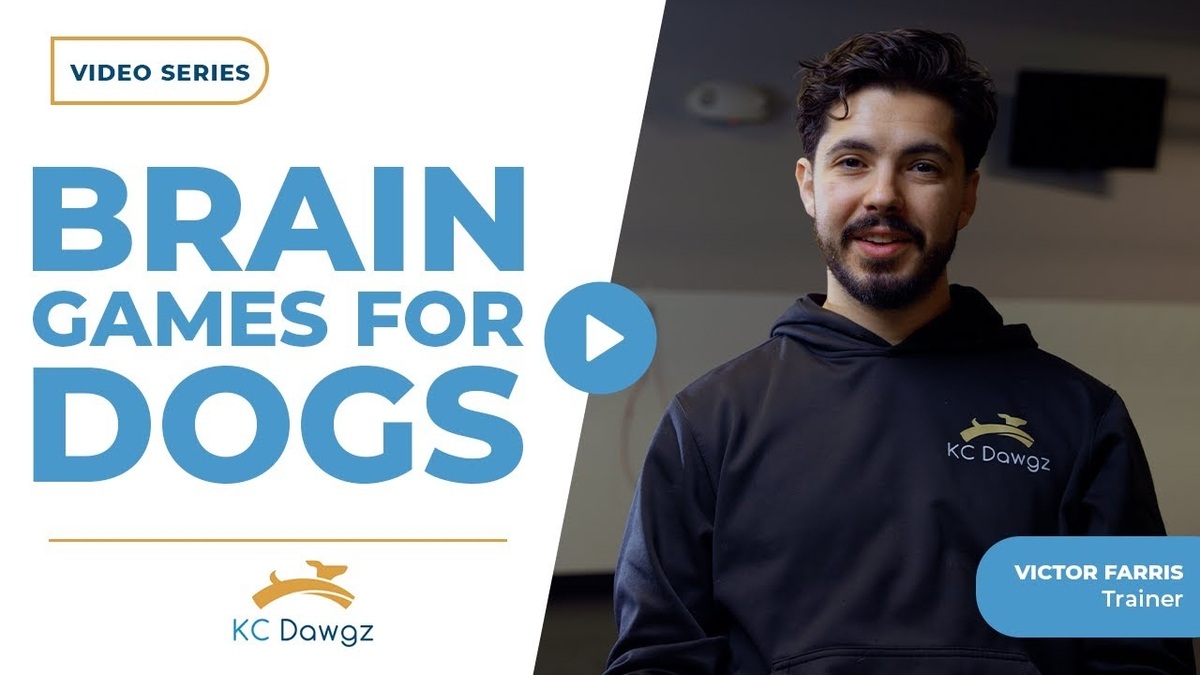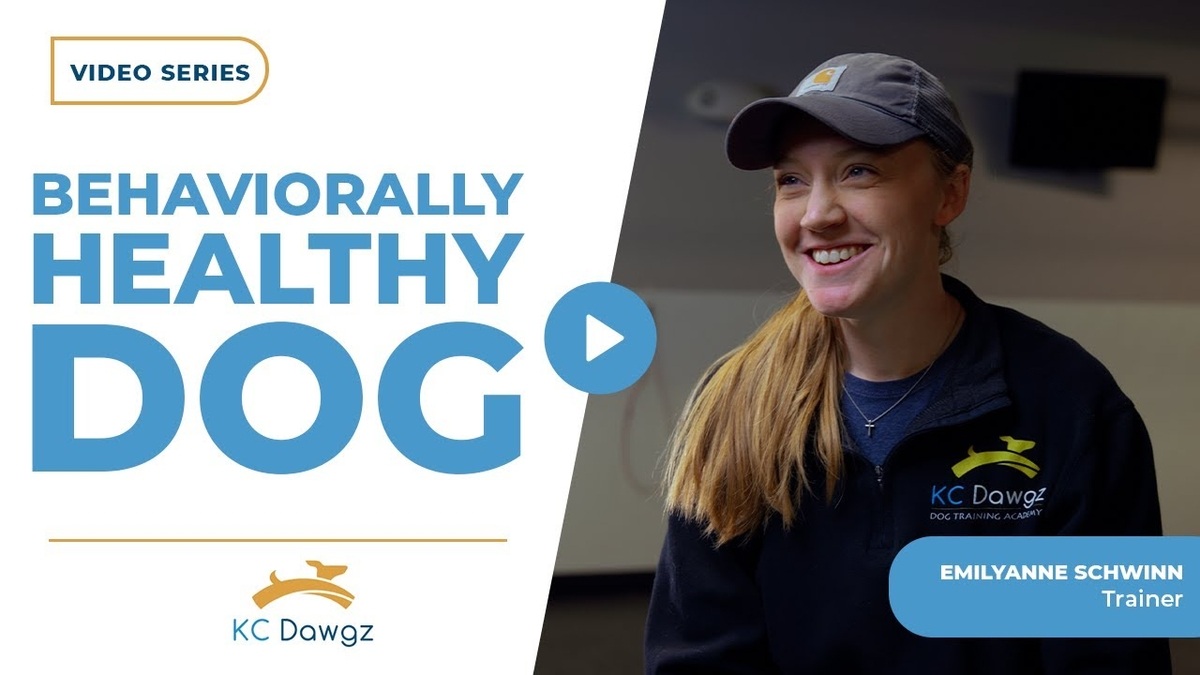It can be frustrating when you give your puppy a command and they act like they never heard you. If your puppy is ignoring commands, it can feel like all your work is going right out the window. The good news is that this is a normal part of training. Puppies often tune out for a reason, and finding that reason is the first step to fixing it.
At KC Dawgz, we help owners work through these moments by focusing on motivation, timing, and clear communication. In this blog, we will break down why your puppy might be tuning you out, how their breed and instincts play into it, and what steps you can take to help them stay focused and responsive.
Understanding the Role of Motivation
Positive vs. Negative Motivation
When it comes to dog training, motivation drives results. If your puppy isn’t doing what you ask, it’s usually because the motivation isn’t strong enough—either the reward isn’t exciting, or the consequence isn’t clear.
There are two types of motivation we use in training:
- Positive Motivation: This involves rewarding your dog when they do the right thing. It could be treats, toys, or praise. If your puppy lights up for chicken but not for kibble, you’ll want to use that higher-value reward during training sessions.
- Negative Motivation: This refers to applying light, safe leash pressure to help your dog understand that a command is not optional. While some pet parents hesitate to use negative reinforcement, it’s important to understand that dogs naturally use this kind of communication with each other through body pressure and touch.
If your puppy is ignoring commands and treats aren’t doing the job, try increasing the value of your positive rewards—or use appropriate leash pressure to hold them accountable in a calm, structured way.
Breed Matters More Than You Think
Independent Breeds May Need More Structure
Some puppies are naturally more independent than others. This is especially true for certain breeds like livestock guardian dogs, which were bred to work on their own without constant human direction. That independence can carry over into training, making them more likely to ignore commands unless we step in with the right tools.
For these types of dogs, leash pressure can be incredibly helpful. It gives them clear feedback that they need to respond when given a command. Without that, they may continue to push boundaries or act on their own terms.
If you’re working with a more stubborn breed, don’t get discouraged. Just know they may need a bit more clarity, consistency, and accountability built into their training routine.
How Dogs Naturally Communicate
Dogs Respond to Pressure, Not Just Words
As humans, we rely on verbal communication. But dogs don’t naturally respond to our words the same way. Instead, they communicate through what we call tactile pressure—things like body bumps, paw swats, and even mouth pressure when playing or correcting each other.
This is an important concept to keep in mind if your puppy isn’t responding to voice commands. Your pup may be ignoring commands not because they don’t know them, but because the verbal cue alone doesn’t carry weight without some form of physical follow-through.
Using leash pressure or physical cues isn’t about punishment—it’s about speaking their language in a way they understand. When done properly, it reinforces what you’re asking without causing confusion.
3 Things to Try if Your Puppy is Ignoring Commands
If your puppy is ignoring commands during training, here are three key things we recommend:
- Increase the Value of Your Rewards: Use something your dog truly loves. A basic biscuit might not cut it. Try using chicken, cheese, or a favorite toy.
- Add Clear Leash Guidance: If your pup stalls or looks away, use light leash pressure to guide them through the command. Follow up with praise when they complete it.
- Stay Consistent: Independent breeds or stubborn pups will test boundaries. Don’t switch up your rules or expectations. Consistency builds trust and helps your dog understand what’s expected.
In Summary
When your puppy is ignoring commands, it’s not a lost cause—it’s a sign that something in your training routine needs adjusting. Whether it’s increasing motivation, using better timing, or learning how to apply leash pressure appropriately, we’re here to help.
At KC Dawgz, we focus on building engagement through clear, effective training that motivates your dog to listen. If you’re struggling with communication or obedience issues, contact us today. We’ll guide you through exactly what your puppy needs to succeed and grow into a confident, reliable companion.




